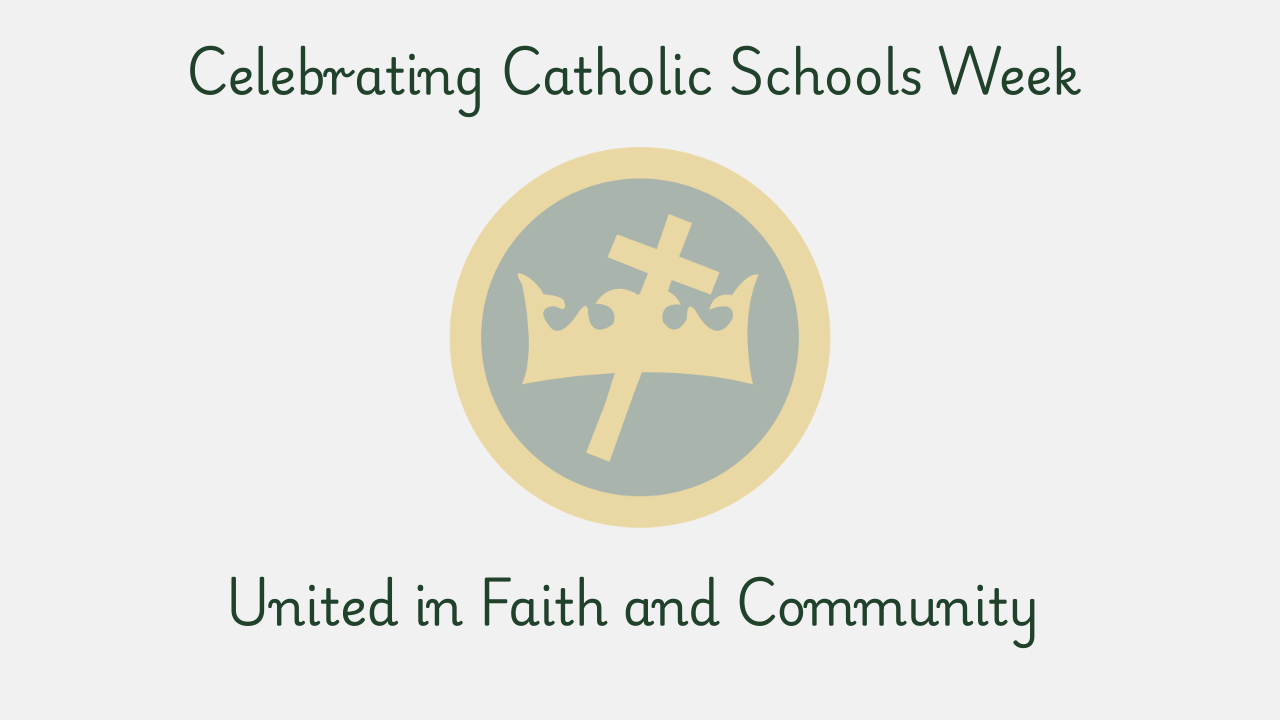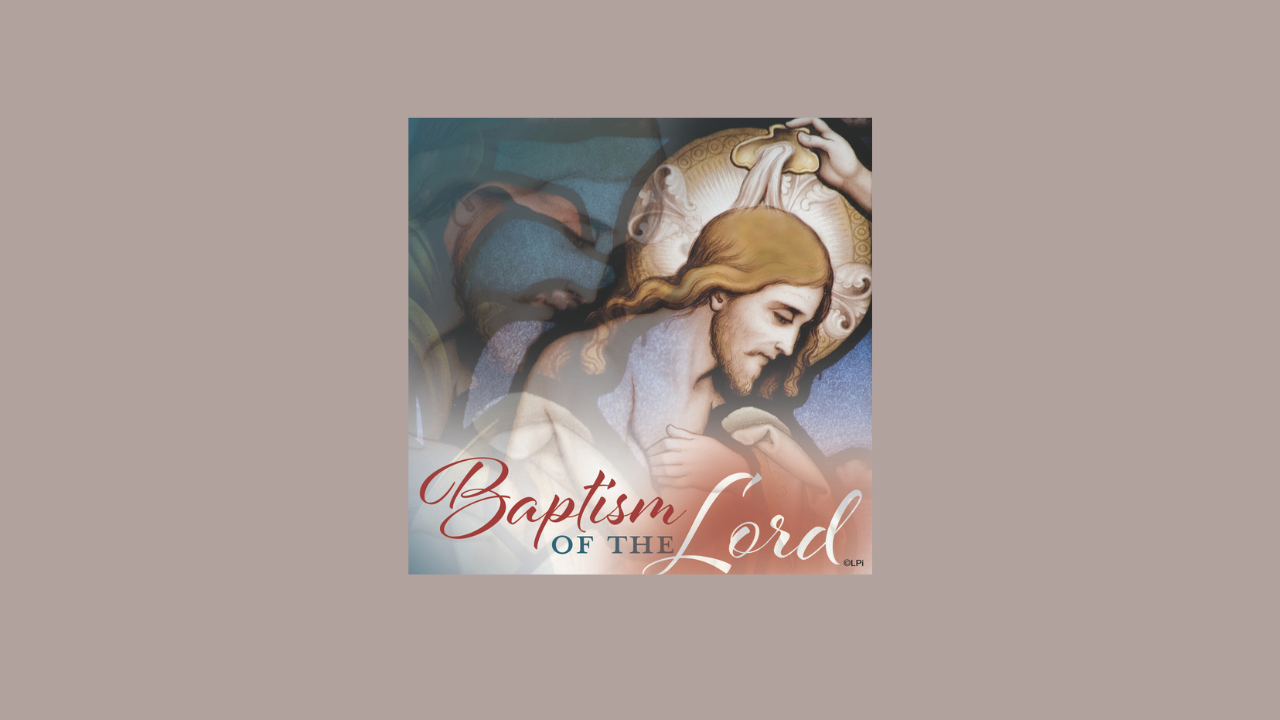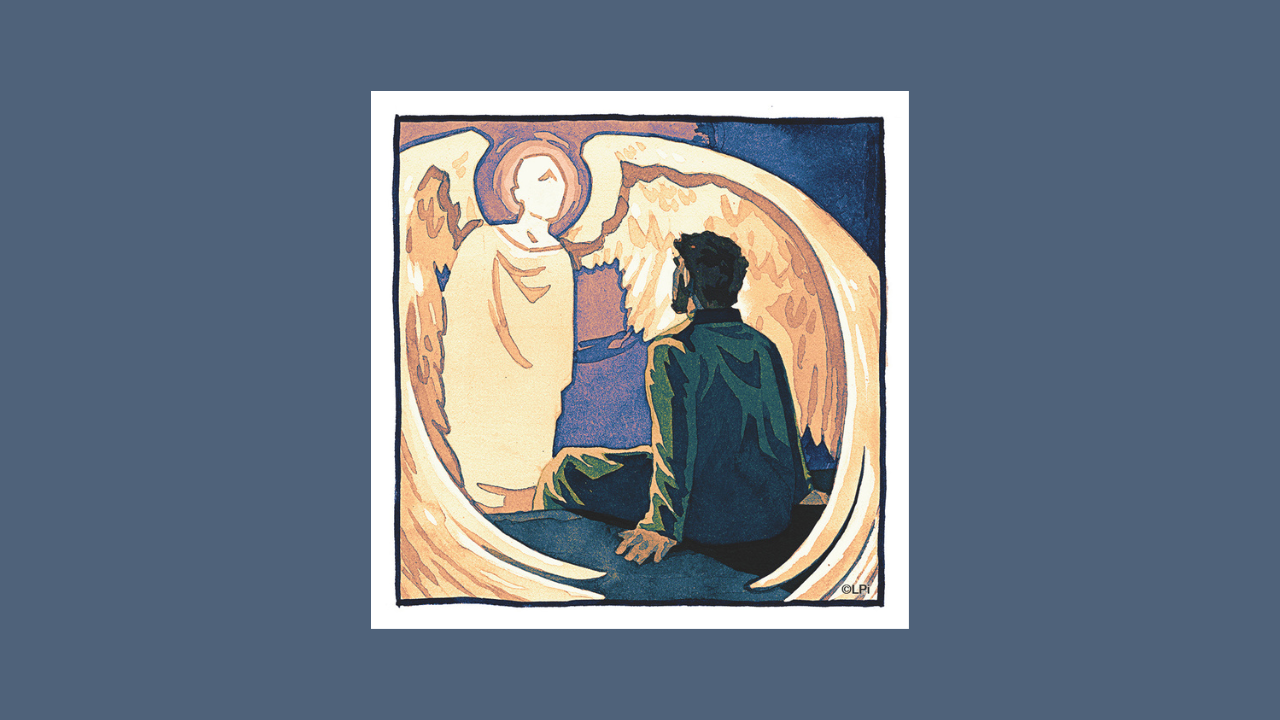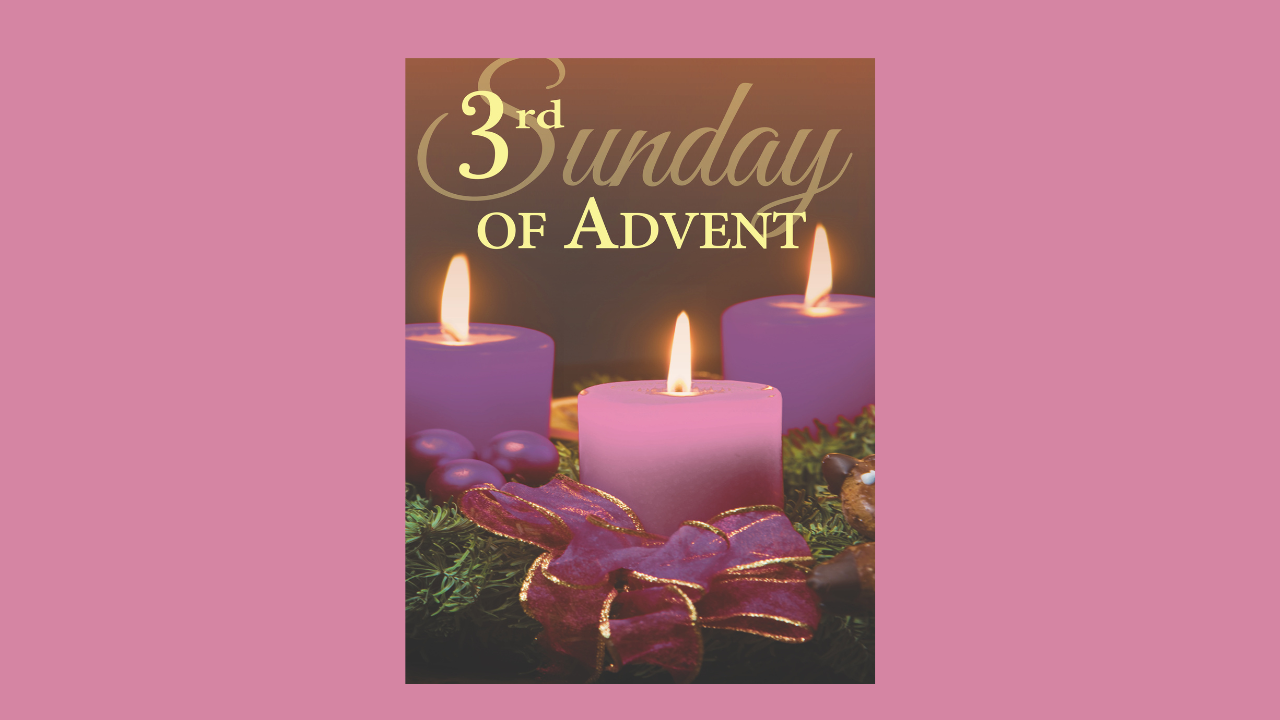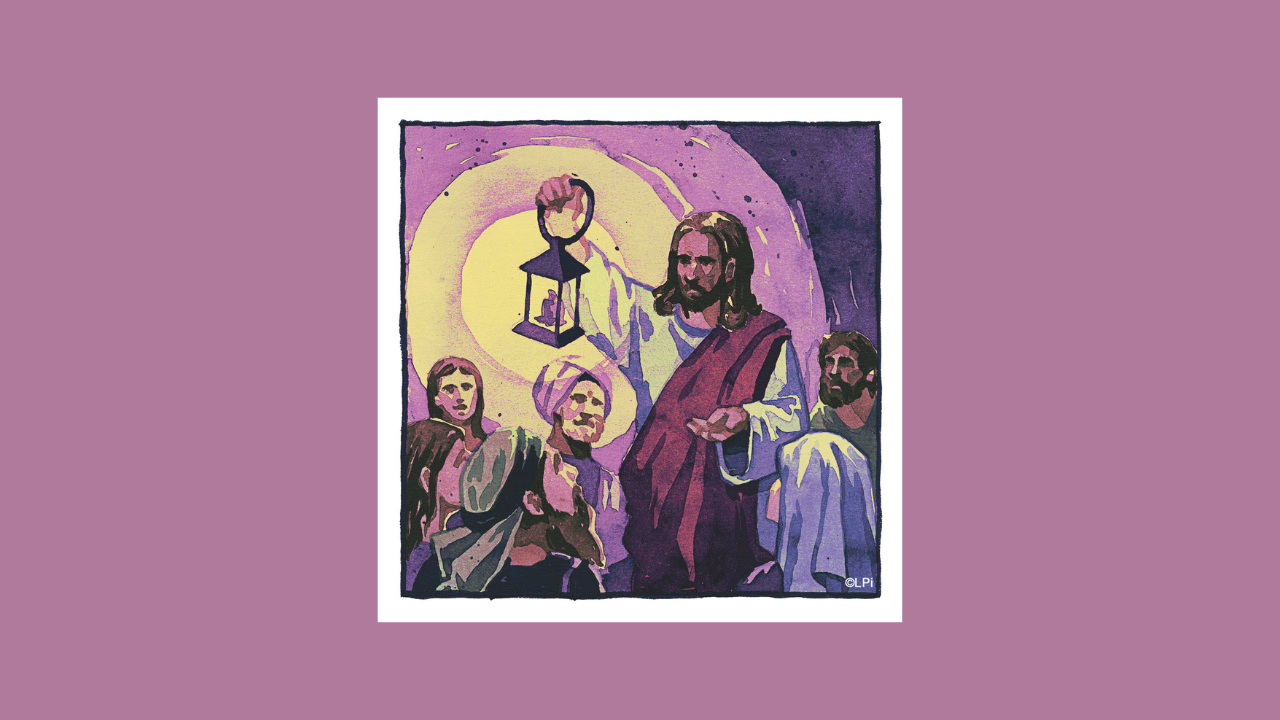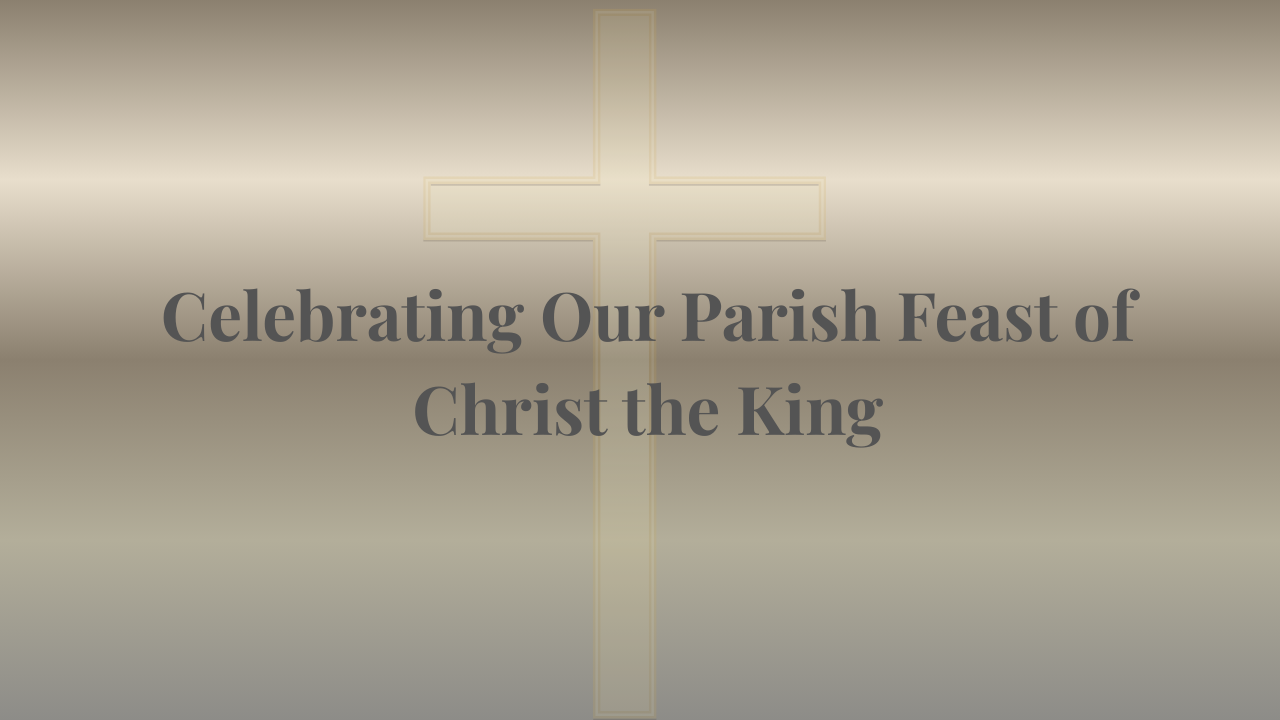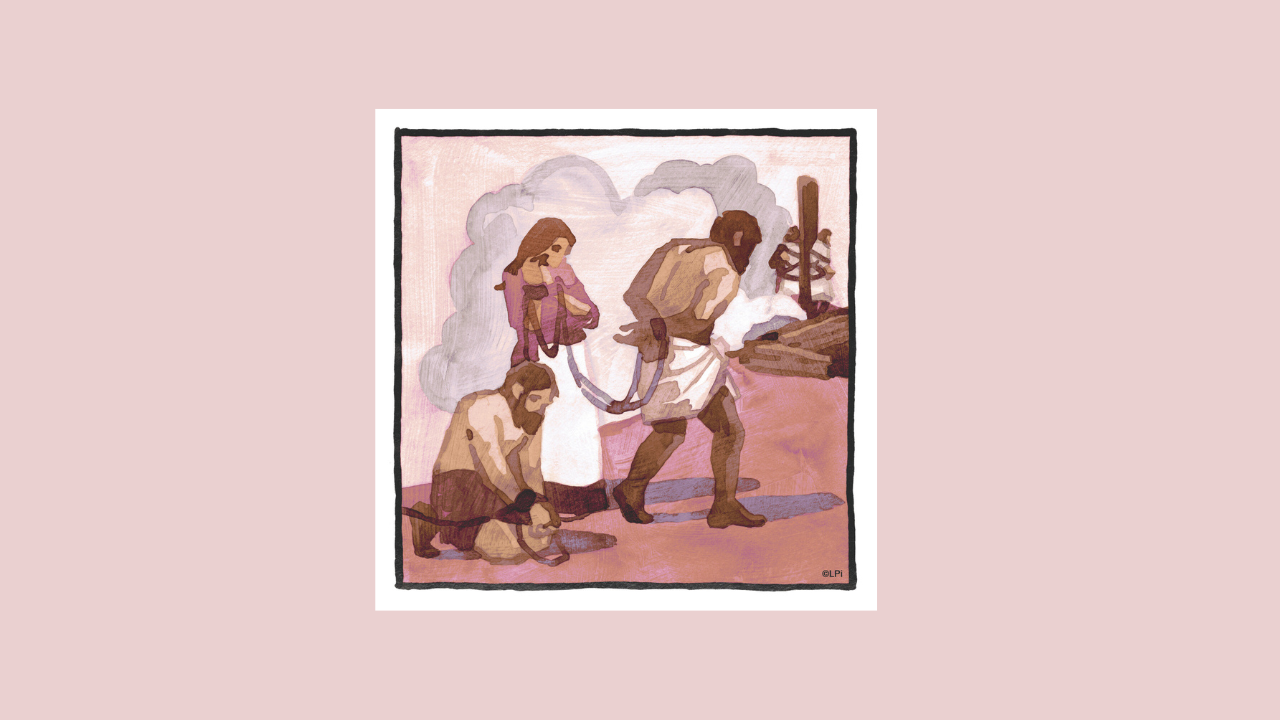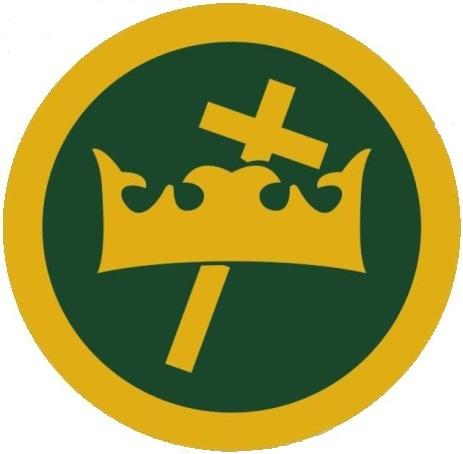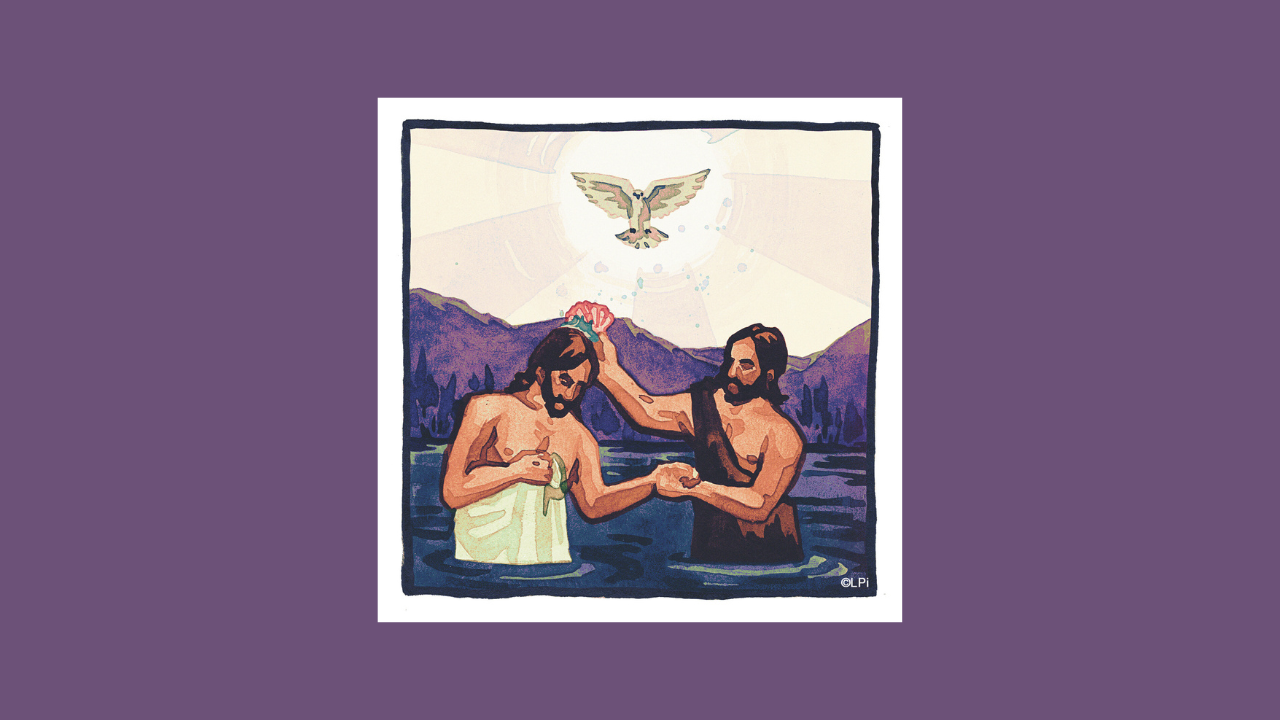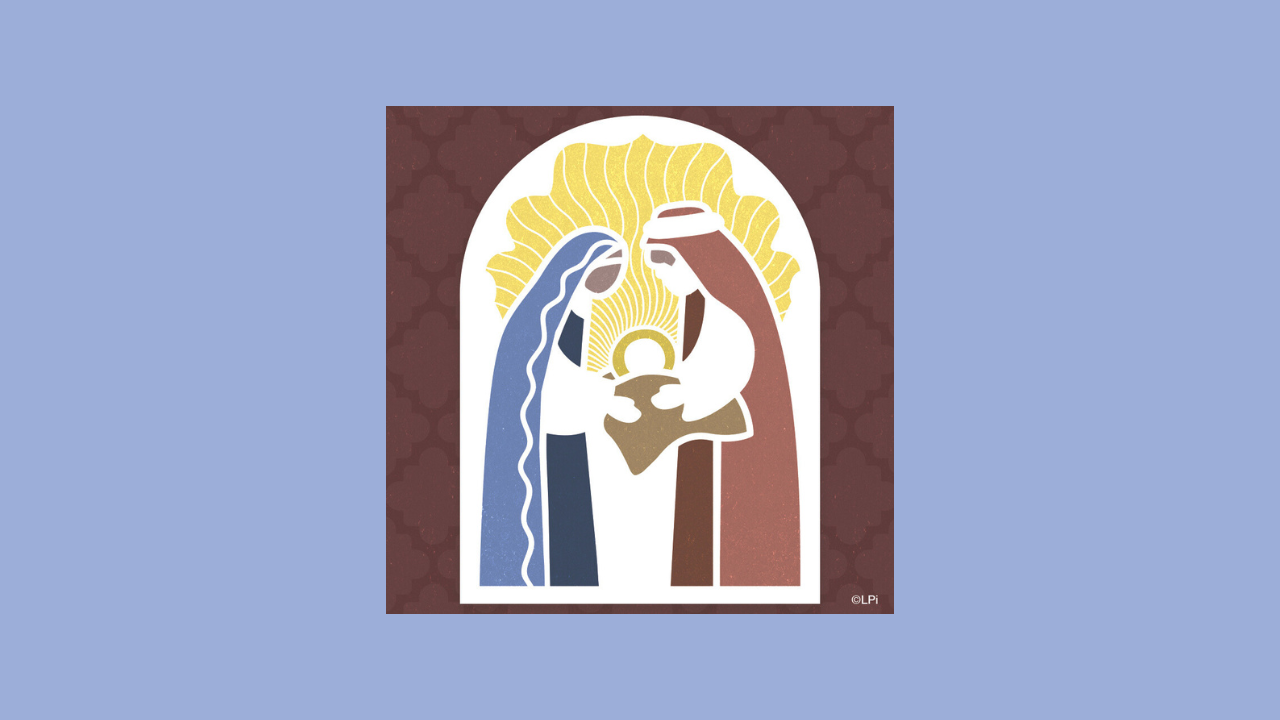"A Reconciling Community" by Fr. Chris House
While the Gospel teaches us that conflicts are a part of life, our Lord teaches us that as Christians we are called to handle those conflicts with love, humility, and a commitment to reconciliation.

A Reconciling Community
Our Lord presents us with valuable lessons on reconciliation and the importance of community within the Church in this Sunday’s Gospel. In these verses, Jesus provides us with a clear and compassionate guide on how to handle conflicts and disputes among fellow believers. Conflict is inevitable in any human gathering, including the Church. However, how we handle these conflicts sets us apart as followers of Christ. Instead of harboring resentment or gossiping about one another, we are called to approach the person with whom we have a conflict and seek reconciliation. In doing so, we fulfill Christ's command to love our neighbor as ourselves and to forgive one another as He has forgiven us.
While the Gospel teaches us that conflicts are a part of life, our Lord teaches us that as Christians we are called to handle those conflicts with love, humility, and a commitment to reconciliation. We are a community of believers, and together, we can work towards healing and restoration, with Christ's presence among us. Let us seek to be agents of peace and reconciliation within our homes, parish, and the greater community, following the guidance of our Lord Jesus Christ, who teaches us the way of love and forgiveness.
When Receiving Holy Communion
During this time of the Eucharistic Revival, I would like to offer a few reminders concerning receiving our Lord in Holy Communion.
The law of the Church states that we are to fast from all food and drink, except water, one hour before receiving the Eucharist; this rule does not apply to someone who has a legitimate medical reason that prevents the fast from being safe. Chewing gum is a violation of this fast and having it in one’s mouth with the Blessed Sacrament can lead to an unintended desecration should particles of the sacred Host become mingled with the gum and then the gum is disposed of in the garbage.
When receiving Holy Communion, the reception of the sacred Host may be on the tongue or in the hand. If the Eucharist is received in the hand, it is to be received with one’s clean hands making a “throne.” It is inappropriate to reach up to take the Host out of the minister’s hand. Since the Eucharist is the greatest gift of our Lord’s love for us, it is to be received, not taken.
There is only one way to receive the Precious Blood and that is by drinking from the chalice that contains it; the act of intinction, dipping the sacred Host into the Precious Blood, is expressly forbidden in the Latin Church (it is common in the Eastern Catholic Churches) because it can lead to accidental desecration of the Eucharist due to spillage or drops falling to the ground. Only priests are allowed to intinct in the Latin Church and it is rarely done, usually for the reason of the priest not feeling well. Recently multiple parishioners have been wanting to do this practice; thank you for your understanding in not doing so at Mass.
The Eucharist is not a sign or symbol but it is the real presence of Jesus Christ under the appearance of bread and wine. Thank you for your reverence in receiving our Lord in Holy Communion.
Mission Appeal – Thank you
Thank you to everyone for your hospitality to Patrick who spoke to us last weekend about the work of the Mary, Mother of God Mission Society in Eastern Russia. Thank you for your generous support of the Society’s work in helping to re-establish and grow the Church in Russia.
Blessings to you and yours for the week ahead!
Father Chris House
